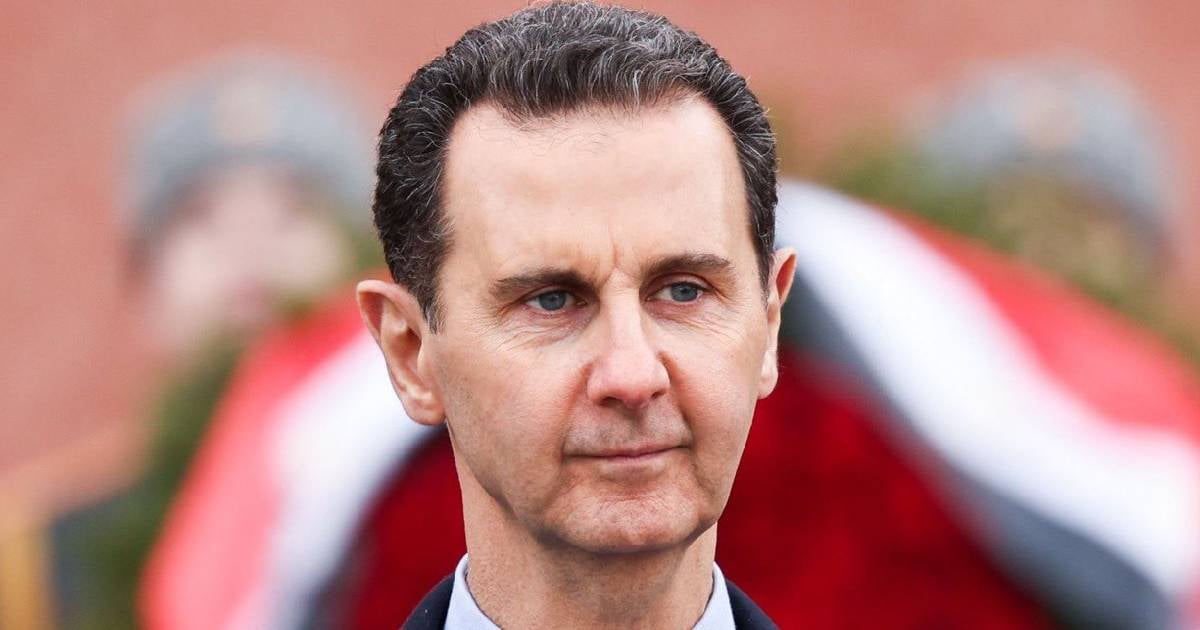
The ousted president of Syria, Bashar al-Assad, has arrived in Moscow, where Russia has granted him and his family asylum on humanitarian grounds, according to Russian news agencies reported on Sunday.
This decision comes after the entry of rebel forces into Damascus, marking the end of nearly six decades of dictatorship by the Assad family.
According to a source from the Kremlin, Assad ordered a peaceful transfer of power before leaving Syria.
Syrian opposition leaders have agreed to ensure the security of Russian military bases and diplomatic institutions in the country, including the Hmeimim airbase and the Tartous naval facility, which are strategically important for Moscow.
In Damascus, thousands of people took to the streets to celebrate the end of Assad's regime, waving flags and chanting slogans. Some protesters entered the presidential palace and other government buildings, while scenes of joy unfolded in the city's central square.
The scene contrasts with the message issued on Saturday by the Syrian presidency, which claimed that Al-Assad was still performing his "constitutional duties" in the city, even as the capital was practically under siege.
At that moment, they even took the opportunity to refute information from the 'Wall Street Journal' suggesting a possible departure from power for Al-Assad at the recommendation of countries like Jordan or Egypt, given the seriousness of the situation.
The fall of the Assad regime marks a turning point in Syria's recent history, opening the door to a new chapter where various factions are expected to work towards an inclusive and peaceful political transition.
Frequently Asked Questions about the Fall of Bashar Al-Assad and His Asylum in Russia.
Why is Bashar Al-Assad residing in Russia?
Bashar Al-Assad is currently in exile in Russia after being overthrown by rebel forces in Syria. Russia granted him asylum on humanitarian grounds after the armed opposition took control of the capital, Damascus, marking the end of his regime and nearly six decades of the Assad family's dictatorship in the country.
What was the impact of the fall of Assad's regime on its allies like Cuba, Iran, and Russia?
The fall of Assad's regime represents a significant blow to its allies, particularly Cuba, Iran, and Russia. These countries have supported the Syrian government both diplomatically and militarily for years. Cuba, in particular, loses a crucial ally for its foreign policy, which could exacerbate its international isolation. Russia and Iran see their strategic influence in the Middle East jeopardized.
What role did the Russian military bases in Syria play after Assad's fall?
Russian military bases in Syria, such as the Hmeimim airbase and the naval facility in Tartous, are strategically important for Moscow. Despite Assad's decline, Syrian opposition leaders have agreed to ensure the security of these installations, which is crucial for Russia to maintain its influence in the region despite the regime change.
Filed under: